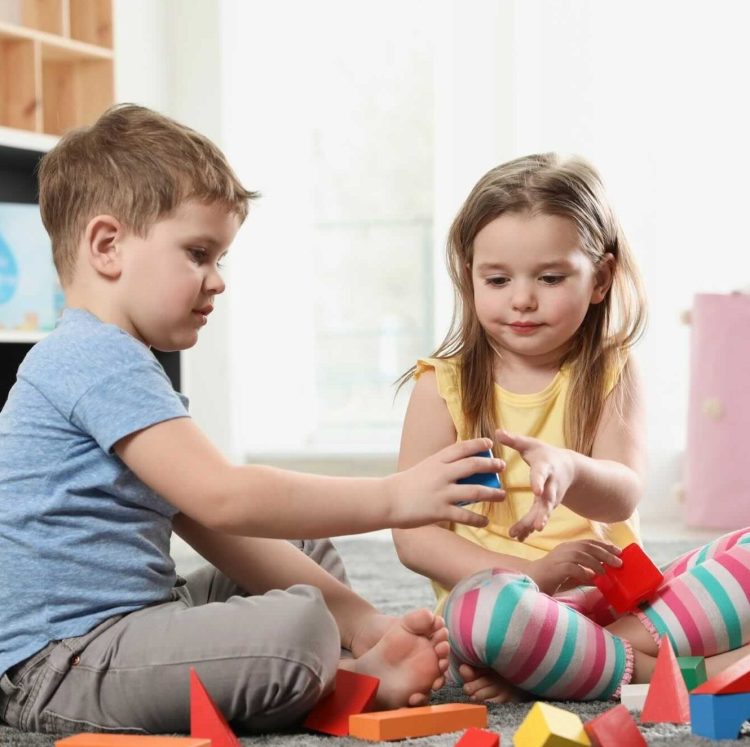Child Studies
Why Study Cognition in children?
Our lab is devoted to understanding how children reason about social relationships and social-cultural concepts such as gender, ownership, and social organizations.
participate in kid science!
Please fill out our Interest Form to schedule a visit to our lab with your UCSD Kid Scientist and contribute to our understanding of the development of human social cognition. A researcher will contact you from there!
Our research is not possible without children and parents like you – thank you!
our ongoing studies

Sharing and Collaboration
(for 4 to 6 year olds)
Project lead: Trisha Katz
In this study, we explore how children’s social preferences are affected by watching two kids share toys with each other and then work together to clean up a mess. What is more important to young children? Who works harder, or who is better at sharing? And how are these preferences affected by other social characteristics?

the young investors study
(for 6 year olds)
Project Leads: Allison Morgan and Rachel Semaya
This project is designed to address an economics and accounting concept known as the Principal Agent Problem, which is an interest held by businesses and investors to possess certain information regarding what they are investing in. The study is interested in finding out what information investors pay attention to when making an investment, and is currently observing children around the age of five.

Fairness and gender norms
(for 3 to 9 year olds)
Project Leads: Minhtrang Chu and Genavieve Koenigshofer
The aim of this study is to investigate the attitudes of children in regards to monetary compensation for a task. Two goals are to understand if children will pay others differently based on their ingroup or outgroup status, specifically, gender, and whether children will pay others differently depending on the tasks completed.

social interaction in children
(for 5 to 8 year olds)
Project Lead: Trisha Katz
While teasing is often associated with bullying and negative social interactions, teasing among friends can actually be a very positive experience that fortifies relationships. And responses to being teased can serve as indications of friendship strength between two individuals. We are interested in whether or not children have an understanding of both the negative and positive aspects of teasing.

Development of Social Cognition
Project Leads: Karanjot Kaur and Akshay Nagarajan
The current state of developmental psychology is problematic in that the majority of research focuses on children from WEIRD (Western, Education, Individualistic, Rich, and Democratic) countries. We are currently designing a suite of developmental paradigms to investigate how children from India develop attitudes about race, gender, property, and investment. We aim to compare these children to those from the US in order to answer the extremely important question of how culture shapes the human mind.
